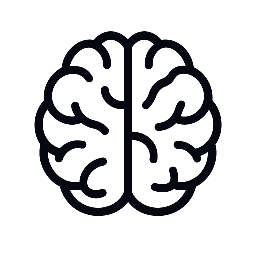
Post-Traumatic Stress Disorder (PTSD) is a mental health condition triggered by experiencing or witnessing a traumatic event. Despite growing awareness, many individuals affected by PTSD hesitate to seek help due to the stigma surrounding mental health issues. Breaking this stigma is crucial to ensure those suffering receive the support they need to heal and lead fulfilling lives.
Understanding PTSD and Its Impact
PTSD can result from various traumatic experiences such as military combat, accidents, natural disasters, or personal assaults. Symptoms may include flashbacks, nightmares, severe anxiety, and uncontrollable thoughts about the event. These symptoms can significantly impair daily functioning and quality of life.
The Role of Stigma in Preventing Support
Stigma refers to negative stereotypes and misconceptions about mental illness that lead to discrimination and social exclusion. For people living with PTSD, stigma often manifests as feelings of shame, fear of judgment, or beliefs that seeking help is a sign of weakness. This can prevent individuals from reaching out for professional support or confiding in loved ones.
Why Breaking the Stigma Matters
- Encourages Early Intervention: Reducing stigma promotes timely help-seeking, which can improve treatment outcomes. Early intervention can prevent symptoms from worsening and reduce the risk of additional mental health complications.
- Fosters Empathy and Understanding: Educating the public about PTSD helps dispel myths and fosters a more compassionate society. Recognising PTSD as a legitimate medical condition reduces blame and isolation.
- Supports Recovery and Reintegration: Acceptance and support from family, friends, and communities play a vital role in recovery. When stigma is minimised, individuals feel safer sharing their experiences and accessing resources.
Ways to Break the Stigma
- Education and Awareness: Public campaigns, workshops, and media stories that accurately portray PTSD and recovery can change perceptions.
- Open Conversations: Encouraging open dialogue about mental health challenges helps normalise seeking support. Sharing personal stories can inspire others to seek help.
- Professional Support Access: Promoting accessible, confidential mental health services reassures individuals that help is available without judgment.
- Support Networks: Building strong support systems through peer groups and community programs provides a sense of belonging and understanding.
Conclusion
Breaking the stigma around seeking PTSD support is essential for creating a society where individuals feel empowered to seek help without fear of judgment. Through education, open dialogue, and accessible resources, we can foster a supportive environment that promotes healing and resilience for those affected by PTSD. Everyone deserves compassion, understanding, and the opportunity to recover.


Leave a Reply